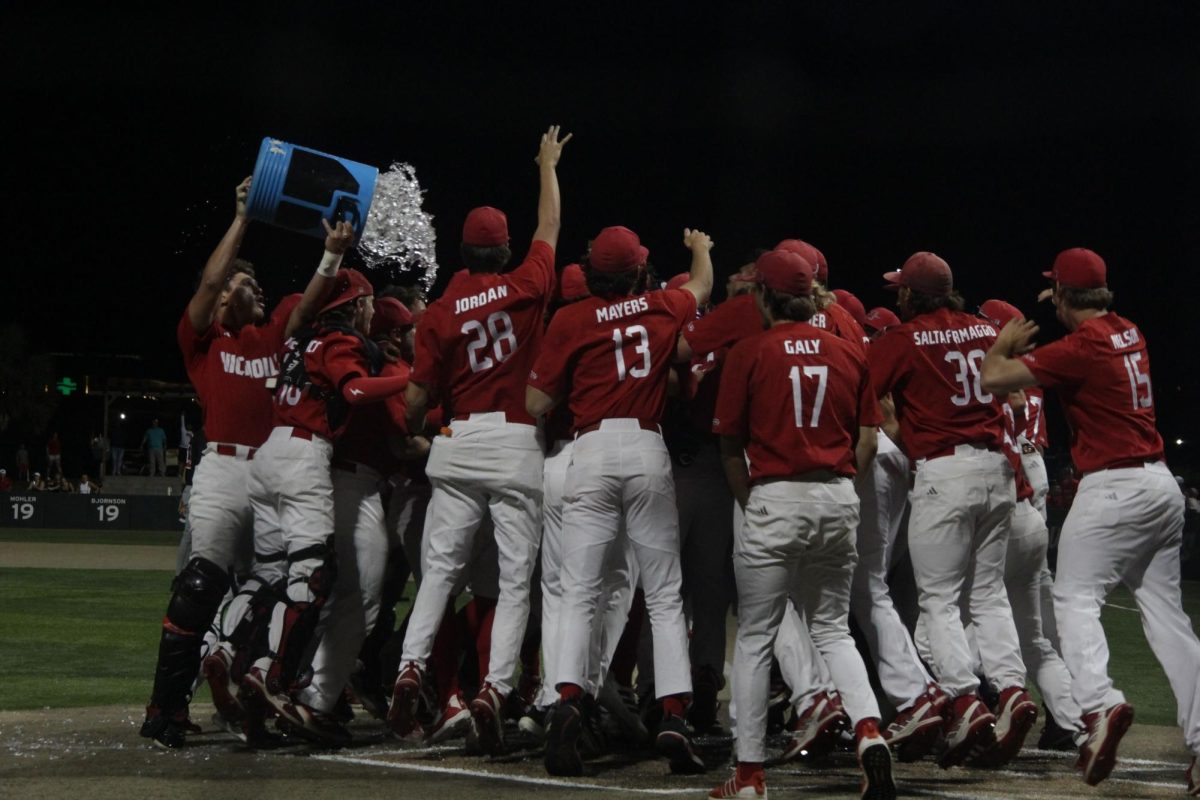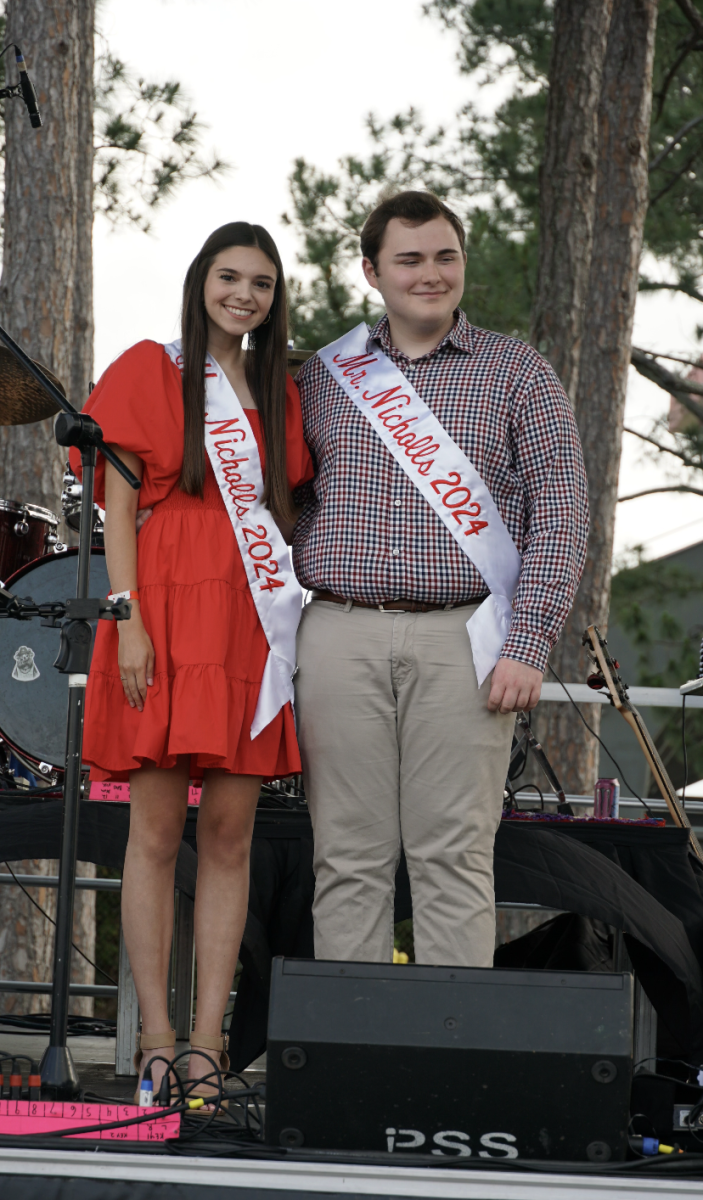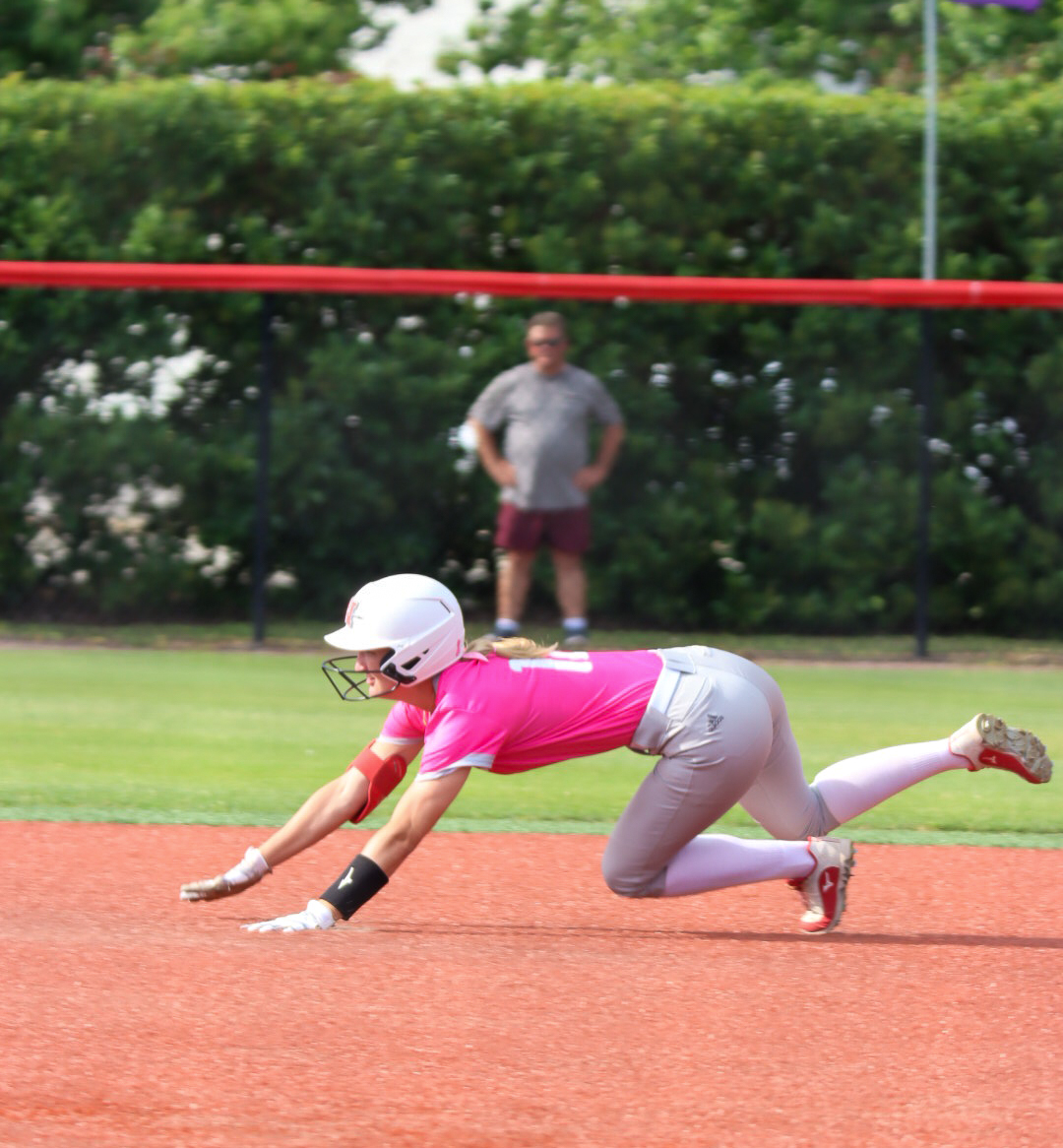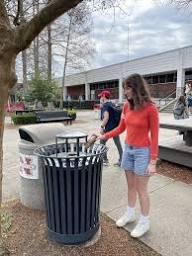With a recent 31 percent decline in national record sales — costing more than $700,000 — over the past two years, the entertainment industry is taking action against illegal file-sharing and piracy of digital music and videos from the Internet.
Blaming piracy and file-sharing for the decrease in sales and revenue, the Recording Industry Association of America subpoenaed almost 1,000 Internet service providers last month, including seven colleges, for the identities of alleged pirates. Last week, the RIAA filed 261 lawsuits across the nation against individual users believed to have shared music illegally.
The recent lawsuits are switching focus from the previous cases against file-sharing companies to individual users. In a recent case, 12-year-old Brianna LaHara from California agreed to pay a $2,000 lawsuit by the RIAA after she offered more than 1,000 copyrighted songs through the Kazaa file-sharing network.
“We are trying to send a strong message that you are not anonymous when you participate in file-sharing and that illegal distribution of copyrighted music has consequences,” Mitch Bainwol, RIAA chairman and chief executive officer, told CNN News. “As this case illustrates, parents need to be aware of what their children are doing on their computers.”
Under the Digital Millennium Copyright Act of 1998, anyone who illegally distributes copyrighted material is subject to fines or arrest as a federal violation.
The RIAA’s main targets are users that have created large libraries of pirated music, usually with 1,000 or more songs. The agency is charging as much as $150,000 for some songs and no less than $2 for others distributed online, based on the artist.
Under a new Clean Slate Program affidavit, however, users who voluntarily identify themselves, erase all downloaded music or video files on their computers and sign a contract convincing the RIAA they will never download again, will not have to pay any fines.
The new program is not an option for the 261 users currently being sued because a U.S. appeals court ruling mandated that the Internet providers submit the names of subscribers believed to be sharing music and videos illegally.
Uploading and sharing of music has become most prevalent among college students who use the popular Kazaa and iMesh sharing program networks. Before the RIAA’s recent outburst, four college students were accused in the spring of making thousands of songs available on campus networks. All four cases were settled for more than $12,500.
While illegal sharing of videos is growing nationally, the process is more difficult to accomplish because videos take up a large amount of space. Sharing videos is rare among college students.
While many universities around the nation are concerned that some of their students will get caught, Nicholls is cautious, but not worried about being subpoenaed by the RIAA.
“We have been queried by the RIAA many times as have other universities,” said Thomas Bonvillain, director of academic computing. “But we comply to their requirements and make sure students don’t do anything illegally.”
Bonvillain said he is aware that many students have downloaded music to the Nicholls computer network, but pointed out that many new musicians do not have a problem with users sharing their music.
“The big names like Dr. Dre and Metallica have problems with people downloading and sharing music, but there are so many new artists that work hard to get their names out there. They want people to get their music anyway they can. In that case, it’s not illegal because they haven’t placed a copyright on it.”
According to the Nicholls Code of Student Conduct, students who violate copyright infringement laws are subject to prosecution under federal law. It also states that students are responsible for making themselves aware of copyright laws.
“If students start to break the law, then we will take action,” Bonvillain said.
Incoming freshman are required to sign a document that includes a statement that says the student will not illegally upload or download copyrighted material from the computers before they can use the Nicholls computer network.
While Bonvillain said the system can detect when viruses occur, he can’t be sure if students are illegally downloading music. The network does not have software to detect illegal downloading, and students work on an honor system.
“If there is no virus, though, and the (computer speed) slows down, we can suspect it’s because of downloading,” he said. “Do we know for sure who it is and what they are downloading? Not really, but we can have an idea and figure it out.”
Some students admit to downloading music on the Nicholls computer network, but most say they have not infringed on any copyright laws.
“I understand where the artists are coming from, but I only want one song I like,” Tory Bourgeios, freshman from New Orleans, said. “I’m struggling financially as it is, and I don’t feel like spending 17 bucks for a whole CD that I will not listen to all the way. It’s just one song. I don’t know why it would be a big deal.”
Christie Carter, freshman from Baton Rouge, said she recently thought about downloading some music to her computer from a friend, but decided not to when he heard about the RIAA’s actions.
“Yea, it crossed my mind,” she said. “It seemed like everyone else was doing it, so I figured I would try. But I don’t know what is copyrighted and what is not, so I just decided to leave it alone and just buy the CD.”
Bonvillain said many students choose to download and share music because it has also become part of their culture. “The younger generation is in tuned with digital music and how to manipulate it, copy it and share it,” he said.
“It’s become something they do without thinking about it.”
The growing number of students who illegally download and share music around the nation and Nicholls has caused Eugene Dial, vice president for student affairs, to be concerned.
“I think technology is wonderful, but we should be aware of how to use it,” he said. “Just because file-sharing is easy to do, doesn’t mean it’s the right thing to do. If this slides by and is justified, what will it lead to when it comes to bigger things?”


![Assistant coach Cody Livingston [#53] talking with pitcher Nico Saltaformaggio [#38] on the mound(5/12).](https://thenichollsworth.com/wp-content/uploads/2024/05/LivingstonNicoHuddle-vs-Lamar-1200x800.jpg)




